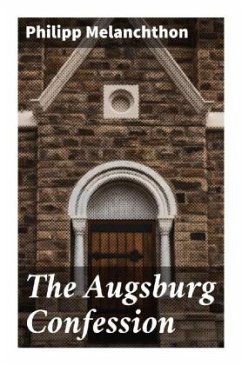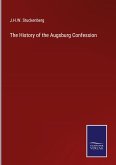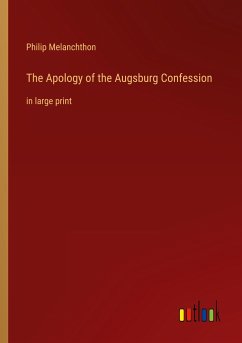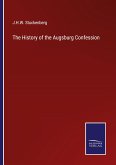In "The Augsburg Confession," Philipp Melanchthon articulates the core theological principles of the Lutheran Reformation in a clear and systematic manner. Written in 1530, this text not only serves as a foundational document for Lutheran beliefs but also reflects the scholarly rigor and eloquent style characteristic of Melanchthon's humanist background. The work is structured as a series of articles outlining critical doctrines, such as justification by faith, the sacraments, and the role of the church, making it a compelling synthesis of biblical exegesis and theological argumentation set against the fraught backdrop of early Reformation politics. Philipp Melanchthon, a distinguished theologian and educator, played a pivotal role in shaping Protestant thought, particularly through his close association with Martin Luther. As one of the primary architects of Lutheran doctrine, his humanist training and commitment to education influenced his ability to engage with both ecclesiastical authorities and scholars of his time. His efforts in drafting the Augsburg Confession were driven by a desire to unify various factions within the Reformation movement and present a cohesive Lutheran identity to the Holy Roman Empire. For readers seeking to understand the theological underpinnings of Lutheranism and its historical context, "The Augsburg Confession" is an essential work. It invites both scholars and lay readers alike to explore the evolution of Christian thought during a transformative period in Western history, illuminating the tenets that continue to shape Protestantism today.
Bitte wählen Sie Ihr Anliegen aus.
Rechnungen
Retourenschein anfordern
Bestellstatus
Storno








